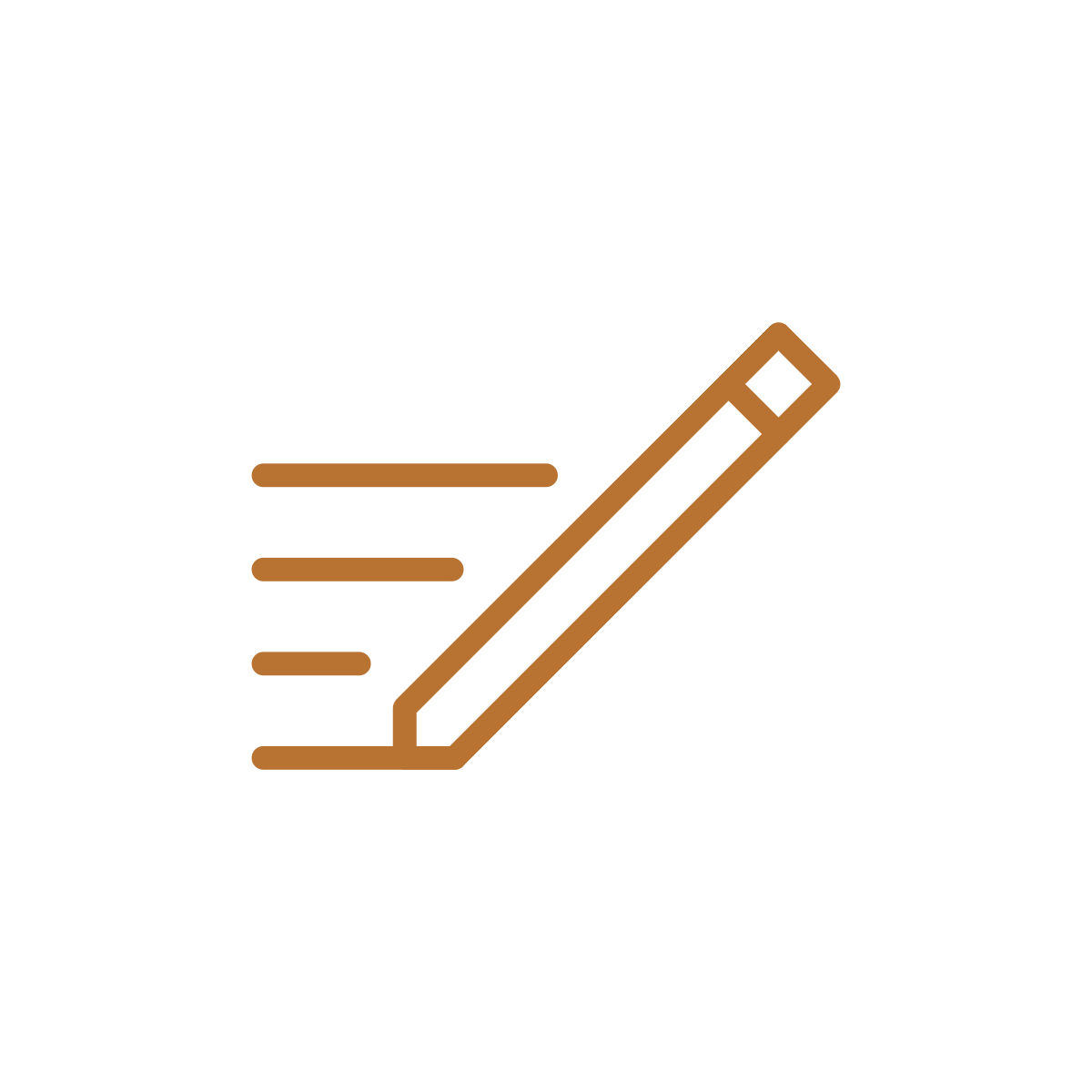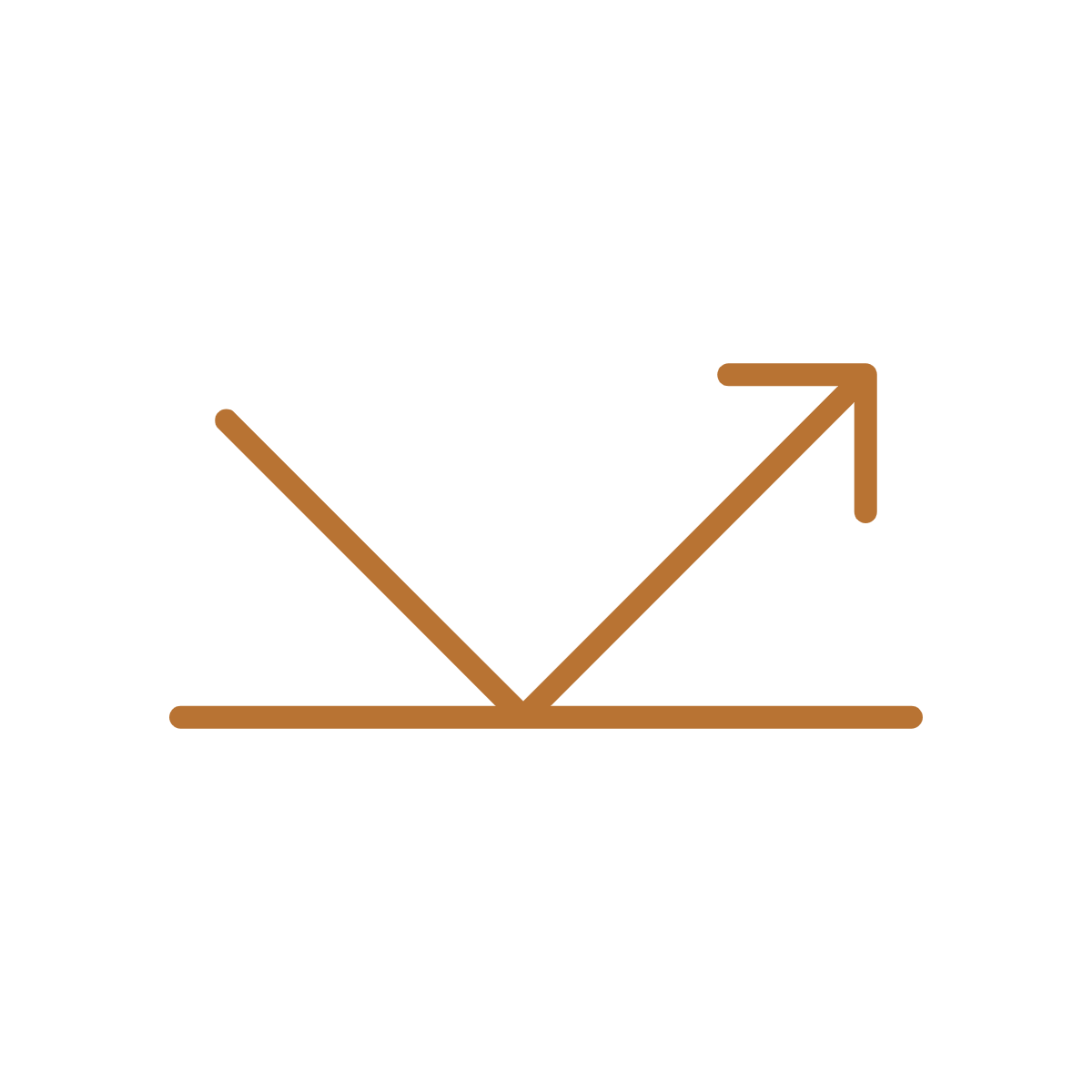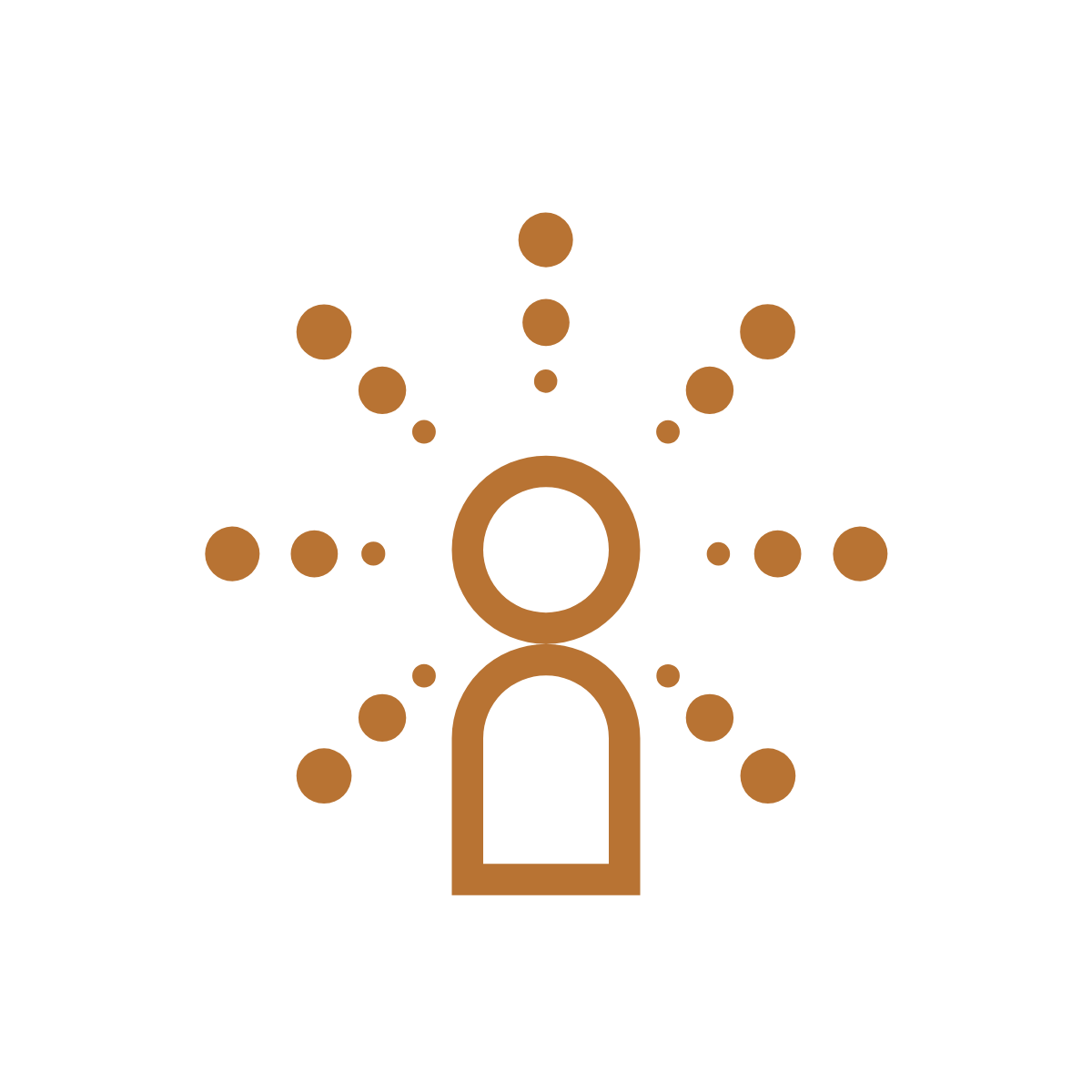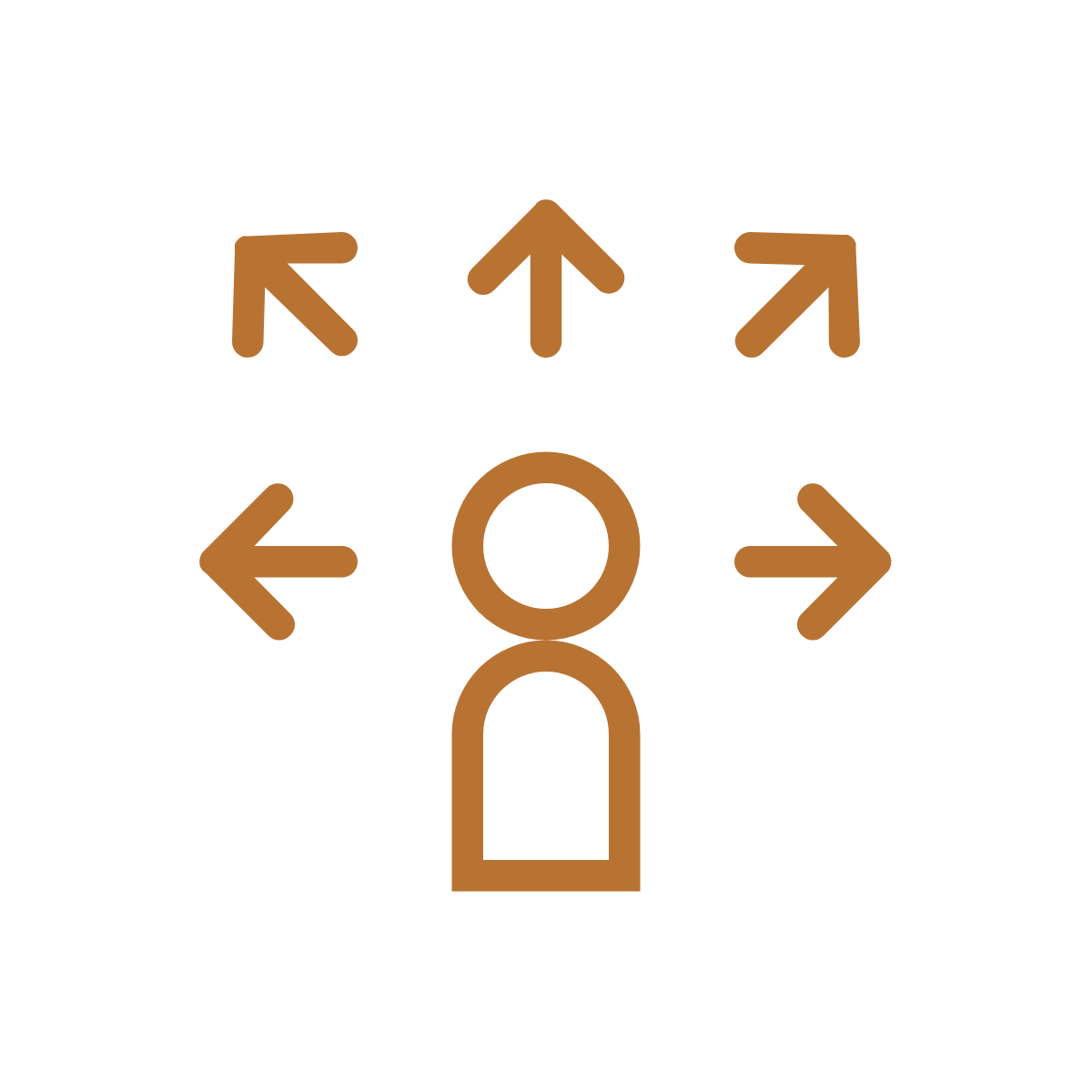‘Never waste a good crisis’, – said W. Churchill. So true. Most amazing ideas we have the benefit of enjoying today came out of crisis, so yeah – I do think the future is going to be all right. But our system is broken – I hear this a lot. So let’s talk about the systems, as I recently got blown away by the Theory U.
Everything is interconnected and interdependent. Veterinary professionals are awesome systems-thinkers because we studied it. We studied how systems interact and how one little ‘fail’ may turn into a ‘mother of all fails’ at so many levels. We studied the concept of balance. We studied organ systems, you know the usual suspects like digestive system, respiratory system etc. We studied the basic principles of how systems and eco-systems can behave. But do we really understand the systems we live and operate within? I guess based on everything happening – not quite yet.
You can’t understand the system until you change it (K. Lewin). And this is exactly what COVID-19 did. The virus changed the system and helped us understand how everything is interconnected and where the gaps and the blind spots are. Maybe at the end of the day we are not on top of the pyramid. We are just a tiny little part of the system.
You can’t change the system unless you transform the source of your thinking (call it consciousness if you like). So often we are simply not even clear on where the source of our thinking is.
You can’t get to the new way of thinking unless you make the system see and sense itself (Theory U). All resent turbulences allowed majority to sense and see the system.
Disruptions became part of our regular life these days. And as human beings we tend to react to them in the same ways we did when we were cave people. No kidding – same ways: freeze, flight or fight. Maybe the evolution is slightly overrated when it comes to humans.
Many of us continue to be in the state of downloading (new term I recently discovered at the circular economics meet up). The state of not recognising what you see (ignorance at its best), not saying what you think, not doing what you say and not seeing what you do. It is a limbo of staying where you are, doing what you have always done, frozen 2.0 in time.
Some of us are turning away from it. Funnily enough, you see some ignorance here too. But also lots of fear and hate. This is where we blame others, we tear everything to pieces and we are still running away from the problem. There is very little one can fix or change when they come from the place of fear (closed will), hatred (closed heart) or ignorance (closed mind). This is the place of denial, bubbles, microtargeting, manipulative dark posts, blaming and shaming others. We think we are fighting it, but in fact – we are just running away. All it results into is more trauma for everyone involved. Now, when you are a zoo vet and the lion wakes up from anaesthesia, by all means – run away the fast you can and blame the anaesthesiologist or the lion. Sometimes it is totally justified and needed short-term, often this may not be an effective approach long- term (and please don’t tear me apart for not being all in on violence. Just like you, I am forming my point of view based on my values and what I know; I am open to learn more and I am learning ).
That leaves us with the 3rd option of turning towards. And while this is not an easy one to do (in front of the lion or social issues), it does come from the place of curiosity (open mind), compassion (open heart) and courage (open will). This response to disruption conditions us to see, sense, be present in the moment, try few things – some of which may actually lead into evolution. And some won’t. But if enough of us try – we might see the pendulum changing.
I want to see more of turning towards because we have done the downloading and the turning away for a very long time. And while we got really good at these – in my opinion, they are not working.
So what are the opportunities we all could turn towards, reimagine and reshape?
- 1. THE WAY WE LEARN. It begins with being curious enough to learn. But the trick is that we need to consider the whole person and the whole system. The way we learn as a profession has to evolve. And I see some awesome things being done with mental health, well-being. I want to see more of co-creation in eco-systems. Learning in diverse groups.
- 2. THE WAY WE DECIDE. How might we get to more direct, more distributed, dialogue-based decision making in our profession? Think for a moment about the telemedicine conversations at the start of COVID (some of us turned towards others turned away hiding behind regulations on what could go wrong).
- 3. THE WAY WE RUN OUR VETERINARY ECONOMICS. How could we move away from EGO and turn towards ECO with the focus of well-being for all?
The veterinary profession is uniquely positioned at the intersection of so many systems, destined to make an impact. So how might we?
- How might the veterinary community get more involved in circular economics and agricultural regeneration? How could we reuse and repurpose more?
- How might we shift from jobs to entrepreneurship? And with that how could we further diversify income streams and decouple income from work. Because working somewhere should not define your universal income. Could side-hustling be a way to live more fulfilled lives?
- How might we use technology to enable our professional creativity? That assumes that as a profession we actually need to reignite the creativity while operating within the laws.
- How might we shift hierarchical leadership to the eco-system leadership and reinforce impact we make vs the title we hold? And with that, how could we move from organised interest groups to smaller self-organised groups that have intentional conversations and ability to rapidly prototype to test out solutions.
- How might we measure success differently, possibly moving from revenue to well-being?
- How could we involve younger professionals in decision making earlier? At the end of the day – the future is theirs!
- How are we going to address the de-globalisation and de-urbanisation (we don’t know if these will happen, but certainly we all turned towards more local solutions and this might not be the last lock-down we see in our lifetime)? Are rural vets ready for the potential increase in their demand and services? Are we upskilled enough to tackle things locally? Are we going to see more competitors coming together and partnering for the greater good?
- How might we innovate around business models and get creative with the value we deliver, the channels we use and the revenue streams? The way to survive is the relentless focus on value delivery to our patients, clients, community and stakeholders.
- How might we shift from Clinic/Doctor-centred focus to People/Patient-focused model? Delivering more invisible, more preventative, more seamless and more convenient care. Making people & their pets the point of care. Not the veterinary clinics. Or at least – not only.
- How might we put people first and yet consider the systems around them?
- How could we leverage technological advances to be present without being physically present, to know without a need to be told?
- How might we change the way people feel about vet med and the way we feel about vet med (the chicken and the egg, I know, but still). In small animals practices, the last thing people feel is a WOW from how huge the bill was. And I want to see them being WOWed with the love, care, attention and service they received. Is that too much to ask?
- How could we ensure that we deliver good medicine with less (besides design & systems thinking, I am also very much passionate about becoming more minimalist and becoming more sustainable).
I know – there are more questions than answers. But one thing I know for sure is that by enabling creativity and innovation within the profession, a lot of the above questions might be answered. I believe they can.
Unloading my mind, felt good. Your turn – did you get curious to find the answers? Don’t waste the crisis – lean forward!
Li @ Vet Reflections






















 1. Self-awareness: First and foremost, you should have a firm grasp about yourself. Your abilities, your past experiences, and goals. Self-awareness helps you to have a better understanding of the position you are in, and what can be done from that position.
1. Self-awareness: First and foremost, you should have a firm grasp about yourself. Your abilities, your past experiences, and goals. Self-awareness helps you to have a better understanding of the position you are in, and what can be done from that position. 2. Self-improvement: Each experience is a lesson that needs to be learned. When you find obstacles or success, make sure that you study about the routes you chose and the experiences that come with it.
2. Self-improvement: Each experience is a lesson that needs to be learned. When you find obstacles or success, make sure that you study about the routes you chose and the experiences that come with it. 3. Empowerment: Apply the lessons learned from your experience and put them to use in real-life scenarios. You are empowering yourself to become a better version of yourself.
3. Empowerment: Apply the lessons learned from your experience and put them to use in real-life scenarios. You are empowering yourself to become a better version of yourself.